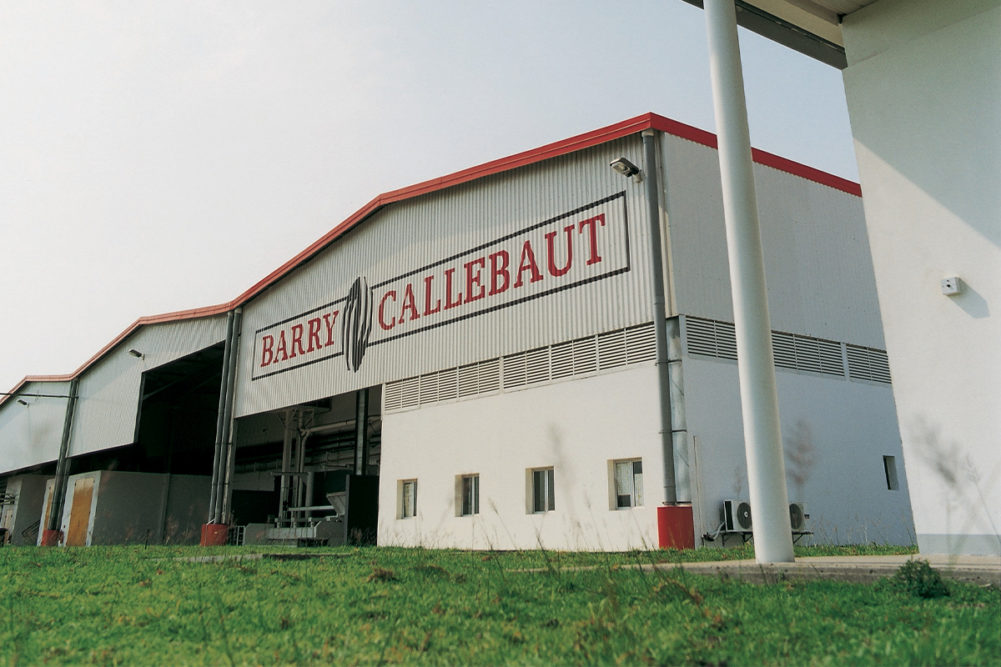ZURICH, SWITZERLAND — While Barry Callebaut has suspended new capital investments in Russia, the company will continue to run its three factories in the country, said Peter Boone, chief executive officer of the Zurich-based company, in an April 13 call to discuss financial results for the first half of the fiscal year.
After Russia invaded Ukraine in February, hundreds of companies pulled out of the country or suspended operations. Barry Callebaut has 500 employees in Russia. Volume in the country makes up less than 5% of the company’s total volume. Barry Callebaut has no direct presence in Ukraine.
“The war in Ukraine by Russia was started by the Russian government, not by the Russian people,” Mr. Boone said. “This is a distinction we have kept in mind in taking these difficult decisions. Furthermore, we are a company that will support its customers.
“You know, customer focus is one of our values. Our customers bring daily food to consumers in all kinds of shapes and forms. It was called essential during the pandemic for a region and is regarded as part of the daily diet of many. Pulling away from our customers and leaving them without a possibility to bring their products to consumers who have not asked for this war does not feel right to us.”
The Yale School of Management lists over 600 companies that have acted in response to Russia’s invasion and separates companies into five groups, with the last one being “digging in,” which means companies that have neither exited Russia nor reduced activities in the country. Barry Callebaut is in the group one step above called “buying time,” which means holding off on new investments.
Barry Callebaut announced operating profit of 331 million Swiss francs ($351 million) for the six months ended Feb. 28, which was up 12% from 297 million Swiss francs in the same time of the previous year. Sales revenue rose 16% to 4.03 billion Swiss francs ($4.28 billion) from $3.48 billion, and sales volume increased 9% to 1.16 million tonnes from 1.07 million tonnes.
The company’s Gourmet & Specialties segment performed well with revenue rising 32% to 720 million Swiss francs and sales volume jumping 30% to 156,000 tonnes. Cocoa Products increased 15% in revenue and 4% in sales volume. Results in Food Manufactured Products increased 12% in revenue and 7% in sales volume.
The Russia-Ukraine war disturbed supply chains, Mr. Boone said.
“In the first couple of weeks, we saw a lot of problems to get the transport,” he said. “At this moment, that pressure is a little bit less. So at this moment, we can still support our local-for-local business and keep our three factories running.”




